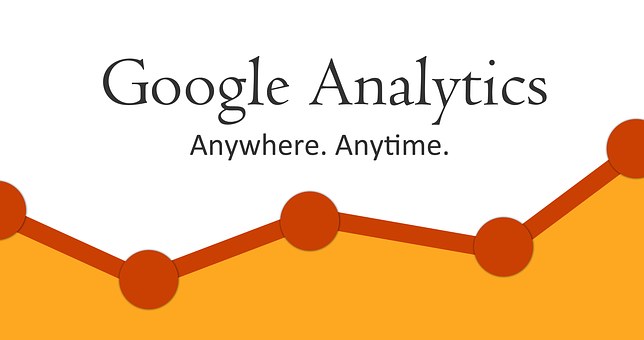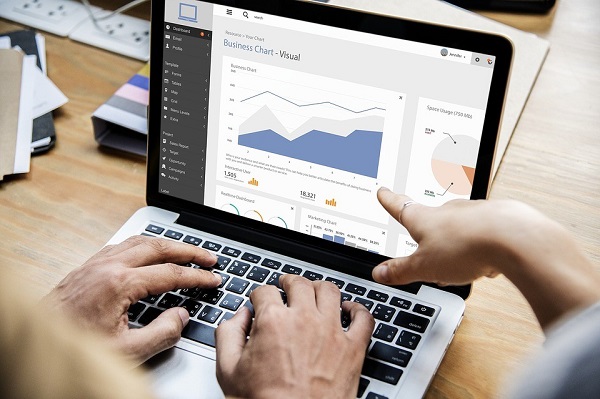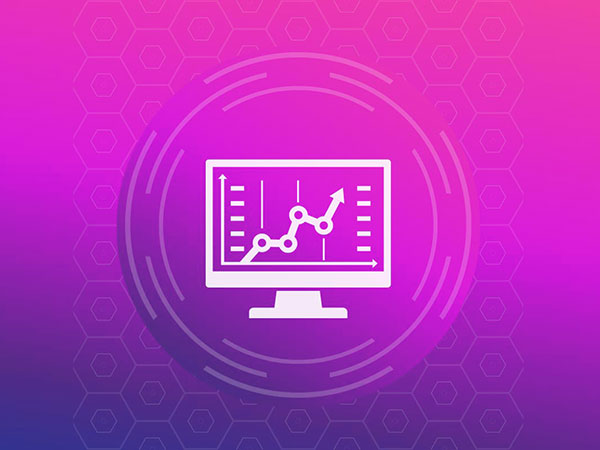It is evident that big data is a potential game changer for any business that wants to stay ahead of its competitors. For instance, companies that use big data provide better customer care services, more efficient targeted ads, and stronger business relationships than those who do not make use of big data.
Despite this significant role, some businesses, more especially small businesses, have not realized the importance of big data due to various misconceptions about the use of it. Below, we have scrutinized some common mistakes and misconceptions, with the goal of helping small businesses to overcome these myths.
5 common myths about big data
1. A Business Should Start Reaping The Benefits Of Data Immediately
The first misconception about using big data is that businesses which use it should see results immediately. For this reason, small business managers give up on big data once they realize their new plan does not bear fruits within the first few days of execution.
However, top business executives whose companies are successfully using big data, say that using big data usually doesn’t deliver instant results and it may take time before a company sees the benefits.
They also say that big data may fail if it is used to replace human analysis rather than support it. Therefore, experts urge small business managers to remain patient, seek for relevant training and development on big data use and make necessary modifications to their plan to achieve the desired goal.
2. Big Data Is Expensive
Are you a small business manager who has been lagging behind because you think big data is expensive? If you are, then it is time to abandon the misconception and look for a way to boost your business processes by using big data.
Despite the fact that you might have to spend some money to purchase big data applications, it is possible that you can still find some useful data at no cost. As an example, Google Analytics is a free web traffic monitoring software that lets you track important business information like the number of people visiting your business’ site as well as their location.
Besides using free software, business managers can also opt to use big data applications that charge according to a company’s storage and computing capacity. Experts argue that investing in data has a better ROI as it saves time and money.
3. Big Data Is For Big Businesses
Another common myth that has barred small businesses from using big data effectively is that big data is reserved for giant companies. In reality, big data is relevant to big businesses as well as small businesses.
Even the smallest companies in the industry generate loads of data from their customers, sales, website traffic, and any other business resource. A strategic use of this data can help small businesses optimize their pricing, improve their marketing campaigns, and improve their customer satisfaction rates.
It implies that small firms that use big data have a good chance to attract new customers while they retain the old ones, increase their sales, and enhance the visibility of their brand. Furthermore, the use of big data positions a small business as an expert, and it generates a substantial amount of traffic to a business site.
4. Big Data Gives Accurate Solutions To All Business Issues
A commonly cited myth about big data is that it offers accurate results to different business issues. Ideally, the data analytic tools are designed to measure and harness multiple sources of data to come up with important predictive analytics. However, business experts advise that the predictive analytics are not always accurate.
According to the experts, the accuracy of the predictive analytics depend on human judgment to solve any ambiguity brought forth by this data. As such, we would say that big data is not intended to replace the data management professionals but rather to support them.
5. Specific Big Data Applications Are Preset Algorithms That Fit All Businesses
Many small business managers think that some big data applications are universal algorithms that fit all kinds of business. If you are the manager who has been living with this misconception, then it is a time that you knew this is not the truth.
As any expert will tell you, different businesses face unique problems. Based on this reason, we would say that big data applications are not universal approaches that suit the needs of every business.
As a result, small business managers should outsource for a big data application tailored to address their specific business needs. If your company lacks a data management professional to help customize a particular application to match your needs, we would recommend that you consider investing in the necessary training and development.





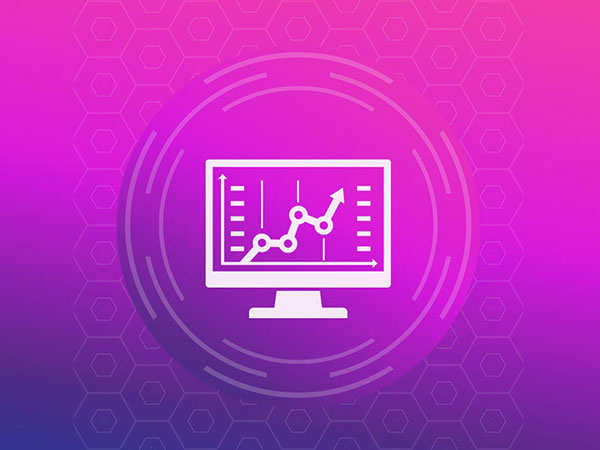



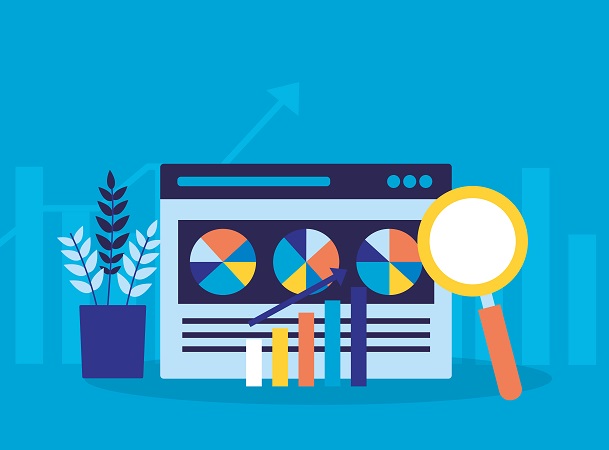
![7 data-driven ways to optimize your online store for mobile [Infographic]](https://crayondata.ai/wp-content/uploads/2019/11/optimize-1.jpg)


![Top tips and tricks to improving your customer experience [Infographic]](https://crayondata.ai/wp-content/uploads/2019/01/customer-journey-1.jpg)
